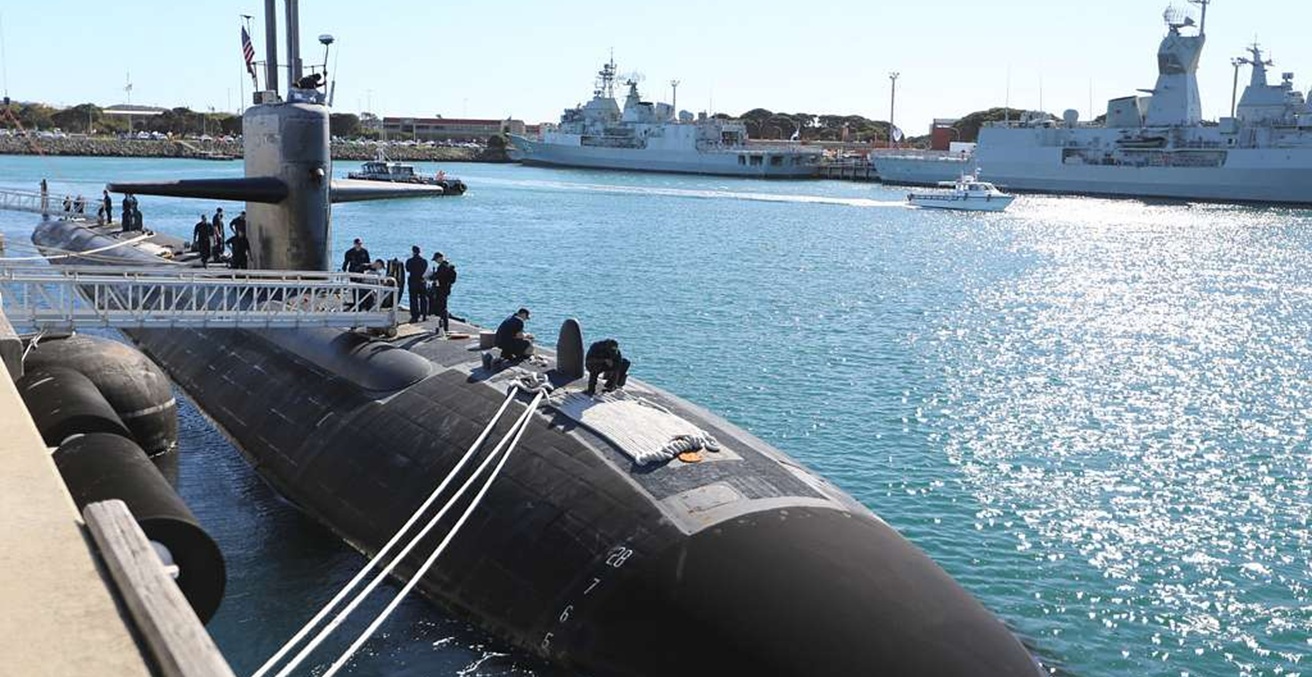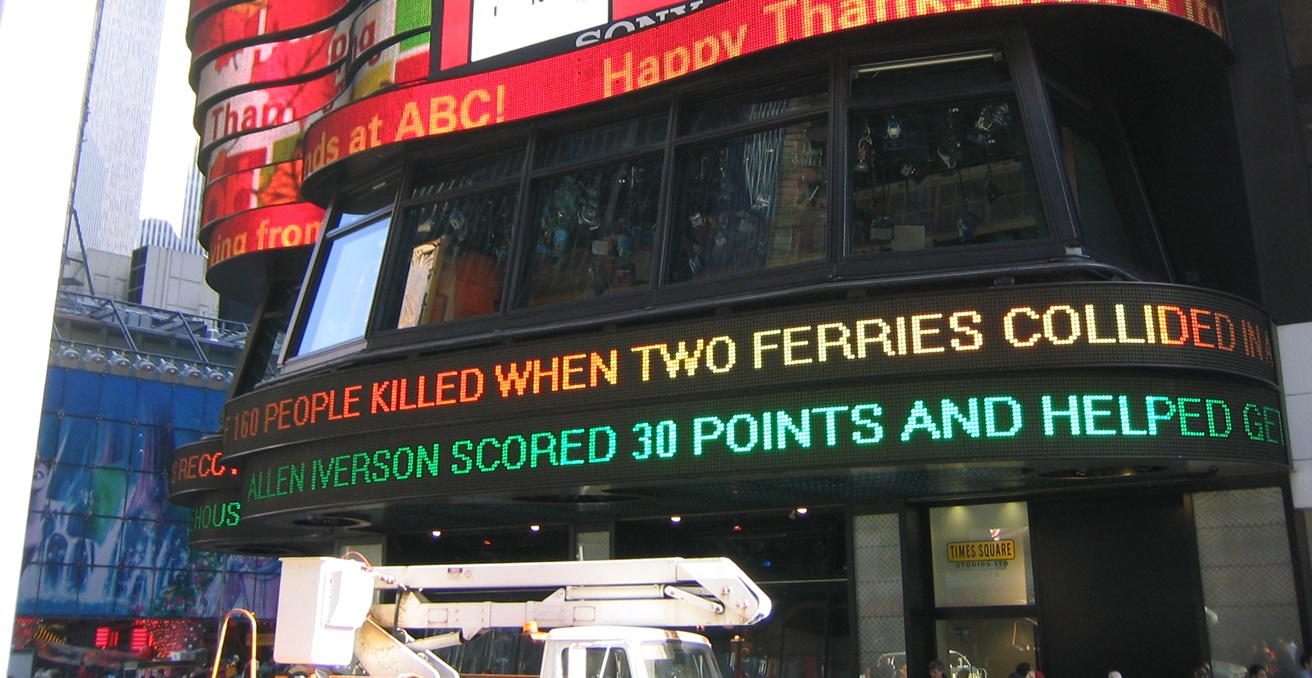In Eric Drummond and his Legacies: The League of Nations and the Beginnings of Global Governance, David Macfadyen, Michael DV Davies, Marilyn Norah Carr and John Burley bring together previous insights on the pioneering role of the League of Nations. Their work insightfully and systematically develops the ways in which the League developed so many of the practices and techniques that later came to form the foundations of the United Nations.
Apart from his habit of wearing spats – actually to provoke hostile commentators and caricaturists – SM Bruce is one of Australia’s virtually unknown prime ministers. Yet in the field of international governance, he is regarded as an important pioneer, which is why he receives multiple honourable mentions in this important book on the League of Nations and its legacies. In a notable speech in Geneva on 11 September 1935, Bruce – partly inspired by his man of ideas, FL McDougall – insisted upon the linkage between liberalised trade in food supplies, improved nutrition and (what would now be termed) human security. Given the logjam experienced by international organisation in the mid-1930s, he argued the case for shifting the focus from the intractable questions of high security to such functional issues where progress might yet be achieved, and security thereby enhanced. His advocacy subsequently led, as Macfadyen and his co-authors note, to the establishment of an Economic and Social Council within the institutional structure of the United Nations as well as to the creation of the Food and Agriculture Organization.
Setting the role of Bruce aside, this book is a considerable scholarly achievement. Over the last two decades, studies of aspects of the League of Nations system have all underlined its foundational role in developing the notion of global governance. These studies have included books by Patricia Clavin on economics and finance, Iris Borowy on health, Susan Pedersen on mandates and decolonisation, Sandrine Kott (and her co-authors) on the International Labour Organization, and Glenda Sluga and Mark Mazower on the internationalist theory of the period. This work brings the insights of this literature together. With close attention to detail, it systematically develops the ways in which the League played that pioneering role and explains how so many of the practices and techniques of the League found their way into the United Nations.
It is much more than a literature overview, however. Its first part, based upon a new reading of the evidence and exploiting fresh materials, reassesses the career of Eric Drummond, the League’s first Secretary–General. To this reserved and austere figure may be ascribed the invention of the idea as well as the reality of an international civil service, the focus of the book’s second part. Until disrupted by the loyalty demanded of citizens of fascist regimes, Drummond was generally successful in balancing the demands of merit and geography in his appointments, as well as in fostering among his co-workers what came to be known as l’esprit de Geneve. The League was to serve all the nations, while being essentially free of the constraints of nationality. It was also to be an instrument of the new diplomacy, and therefore Drummond ensured that the press and educational institutions could have ready access to its proceedings. League records were a model of completeness, and Drummond also pressed for the work of the League Council to be conducted wherever possible in public. The League’s many legacies, considered in the third part of the book, were much greater than the notion of an international civil service, as important as that convention became after its demise in 1946. The first genuinely comparative economic statistics were produced by the economic and financial section, establishing a standard that made possible the transparency necessary for meaningful trade negotiations. With an economic and social agenda that absorbed more than half the budget, the League began work in diverse fields including technical development assistance, drug control and relief for refugees. These were later carried forward (sometimes in the same rebadged organisation) by the United Nations.
Beyond the formal institutions of the League, Drummond encouraged wide engagement with interest and lobby groups. This gave rise to a “Greater League of Nations,” the direct ancestor of today’s “third United Nations.” In addition, League practice moulded the very concept of international governance. As the authors note, in building mechanisms to encourage the just treatment of minorities – an effort parallel with that pursued in the International Labour Organization on the rights of vulnerable workers, especially children and women – the League laid a path towards the recognition, from 1954, of human rights, a fundamental norm to be embodied ultimately in international covenants. All these legacies were carried forward by the many personnel from Geneva – many of whom are considered in the book – who, from 1945, went on to work for or with the United Nations.
In the international relations discipline, there is considerable debate as to whether 1919-20 was a genuine turning point or a false start. This book musters a powerful and informed argument for the former proposition.
David Macfadyen, Michael D V Davies, Marilyn Norah Carr, John Burley, “Eric Drummond and his Legacies: The League of Nations and the Beginnings of Global Governance”(Palgrave Macmillan, 2019).
Professor James Cotton FAIIA is an emeritus professor at the University of NSW Canberra, Australian Defence Force Academy. Having studied in London, Beijing and Princeton, he has held many academic positions, including visiting professor in international relations at the LSE, Australian Scholar at the Woodrow Wilson Center for International Scholars in Washington DC, and Harold White Fellow at the National Library of Australia. Between 1997 and 2003 he was a foundation member of the Foreign Minister’s Advisory Council.
This article is published under a Creative Commons License and may be republished with attribution.




